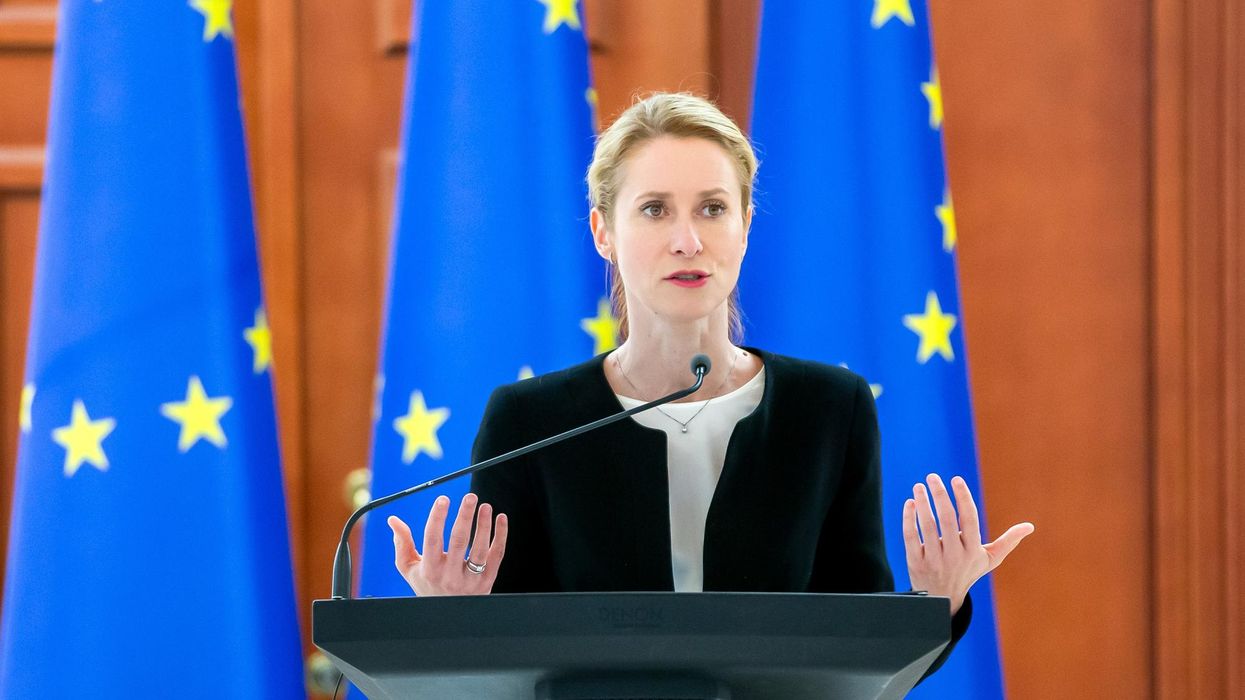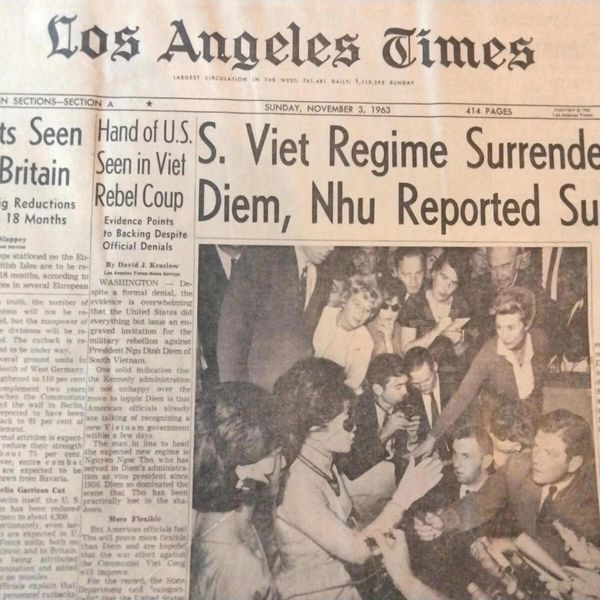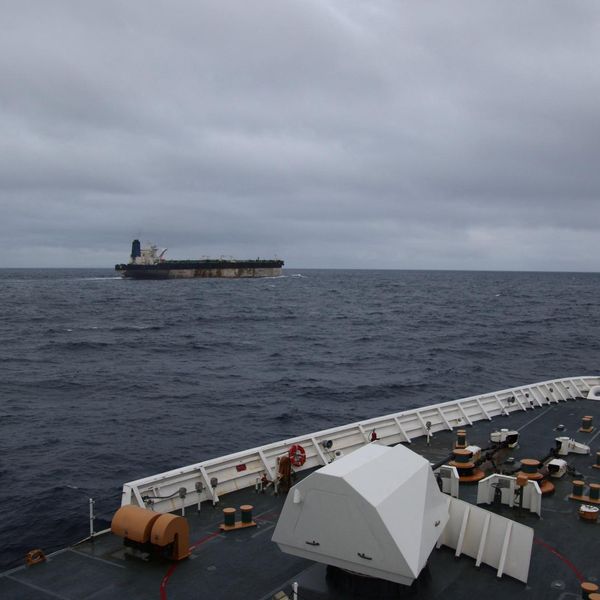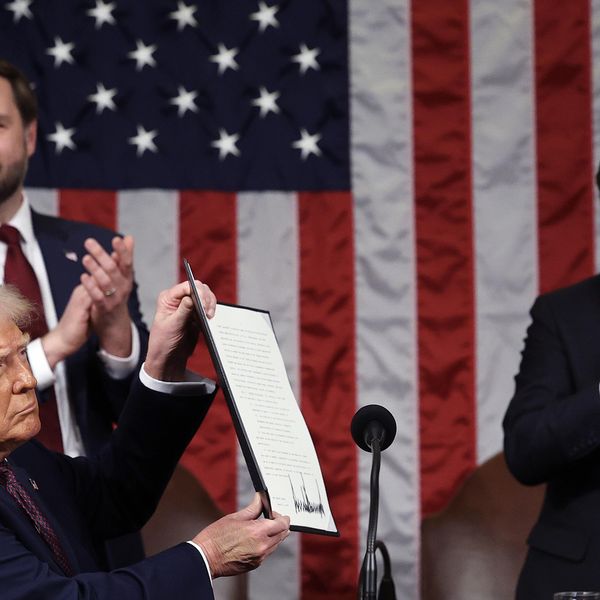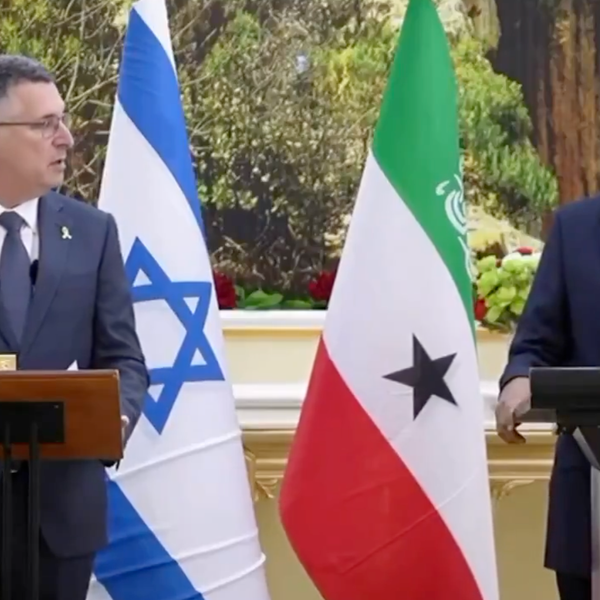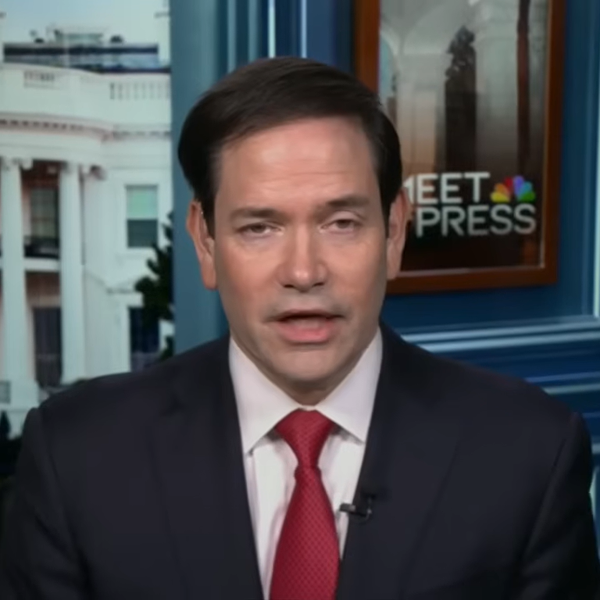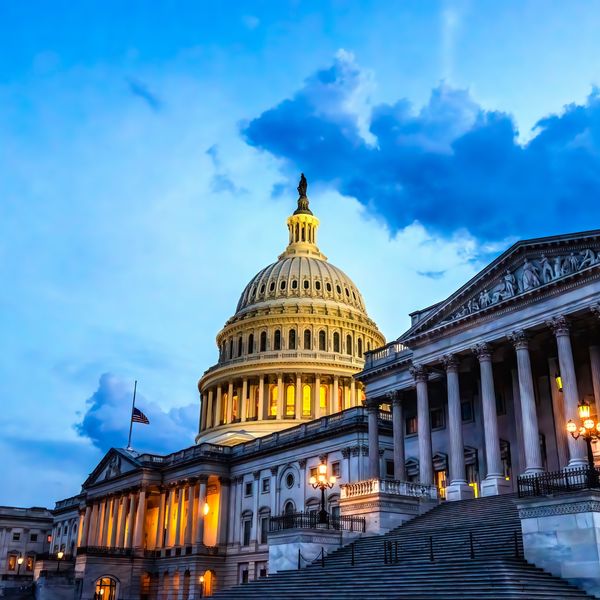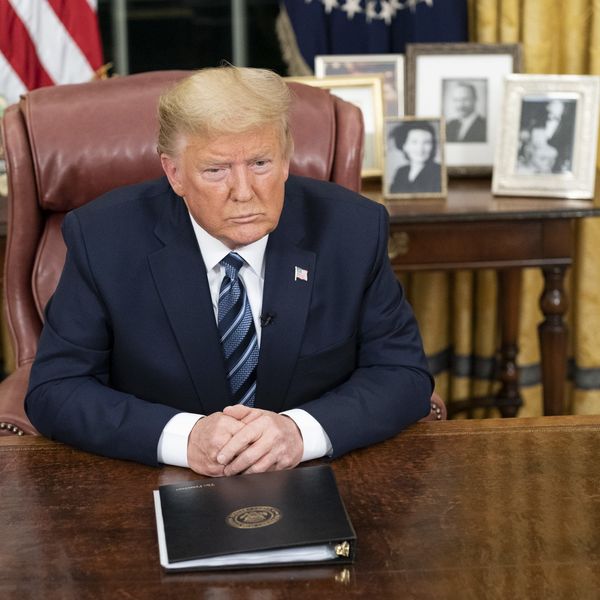Despite assertions by all parties that the negotiators are “very close” to sealing the deal, the seemingly never-ending nuclear talks with Iran have hit yet another stumbling block.
The main point of contention is Iran’s demand that the Islamic Revolutionary Guards Corps be taken off the U.S. list of Foreign Terrorist Organizations, or FTO. Although such a delisting would have few practical consequences, it has brought to the fore President Biden’s key challenge with a renewed nuclear deal: Is the political cost of securing the deal higher than the cost of letting it die?
To be clear, the delisting is little more than symbolic to both sides. As Esfandyar Batmanghelidj points out, the FTO designation is only one out of many ways that the IRGC is both sanctioned and classified as a terrorist organization. Even if Biden removes the IRGC from the FTO list, it will remain a Specially Designated Global Terrorist, a decision first taken by Washington in 2007. Nor will foreign companies feel comfortable engaging with companies associated with the IRGC. The Iranians will not benefit practically from the delisting, nor will the United States suffer any tangible loss.
Politically, however, both Tehran and Washington have unnecessarily painted themselves into a corner. At the Doha Forum in Qatar last weekend, Iran’s former foreign minister Kamal Kharazi and current adviser to Iran’s Supreme Leader, Ayatollah Ali Khamenei, insisted that the IRGC “certainly must be removed” from the FTO list for nuclear talks to succeed. Walking back such categorical statements will be costly.
Similarly, the issue has given ammunition to JCPOA opponents in the U.S. Senate, where it needs the support of at least 41 Senators in order to ensure that a resolution of disapproval of the agreement fails. (It appears very likely in any case that Congress will review the renewed deal under the Iran Nuclear Agreement Review Act of 2015.)
But as opposition to the delisting grows despite its lack of any practical implications, supporters of the agreement in Congress fear that the Biden administration is focusing excessively on the political costs of such a step while underestimating the costs of letting the JCPOA die due to what is essentially a symbolic issue.
Both the Raisi and Biden administrations seem to be committing this mistake. Recent conversations I have held with regional and U.S. players have left me with the strong impression that the risk of escalation toward a military confrontation is greater than many in Washington have assumed — myself included.
Few believe that Tehran will refrain from expanding its nuclear program if the talks fail. The Biden administration has already made clear that, under such a scenario, it will have little choice but to turn up the pressure on Iran. One avenue would be to condemn Iran at the IAEA Board of Governors and refer the matter to the U.N. Security Council. At that point, Iranian sources tell me, Tehran will kick out all IAEA inspectors and deny its inspectors access to Iran’s nuclear sites.
At the U.N. Security Council, Russia will likely veto any new resolution against Iran. EU members, however, may then trigger snapback sanctions as provided by U.N. Security Council Resolution 2231, the resolution that endorsed and made the JCPOA binding in 2015. Neither Russia nor China can veto the snapback resolution, thus subjecting Tehran to U.N. Security Council Chapter 7 sanctions once more.
According to Nasser Hadian, a prominent Iranian academic with extensive access to Iranian national security officials, Tehran has already planned for this scenario and will respond by giving notification of its intention to withdraw from the Nuclear Non-Proliferation Treaty. After the mandatory 3-month notice period, Iran would no longer be bound to any of the restrictions the Treaty imposes on Iran, including a commitment not to build nuclear weapons. At that point, Iran plans to adopt a policy of "creative ambiguity," a play on Israel’s nuclear posture of "strategic ambiguity,” according to Hadian. Without direct access or insight into Iran’s nuclear program, the world will be left guessing whether Iran is building a bomb. And, after a few months, the world will be guessing whether Iran already has built one.
Needless to say, Washington will perceive such a measure by Iran as a major — perhaps unprecedented — provocation and escalation. The United States will likely respond to Iran’s notification to withdraw from the NPT by building a credible military option, which likely will include moving aircraft carrier task forces to the Persian Gulf. Tensions will rise precipitously. A single spark or miscalculation could be enough to start a war.
And contrary to earlier expectations in Saudi Arabia and the United Arab Emirates, Iran has already decided to launch ballistic missiles against these countries within the first 48 hours after the first military blows are exchanged between the United States and Iran, according to Hadian. This has also been communicated to Riyadh and Abu Dhabi, he asserts.
Even if the United States avoids the U.N. route, its other options to pressure Iran also carry significant escalation risks. One option at Biden’s disposal would see U.S. warships intercepting and confiscating Iranian oil tankers on the high seas and then selling their cargo in order to strangle Iran’s export income without diminishing global oil supplies. While it is difficult to describe this as anything other than piracy, it is far from inconceivable: the Biden administration has already confiscated one such tanker, sold the oil, and kept the proceeds.
Mindful of Biden’s limited options when it comes to imposing new sanctions, this would be an obvious means of applying new pressure. Tehran currently has 25 million barrels of oil stored on leased tanks. With oil selling at anywhere between $90 and $110 a barrel, that amounts to roughly somewhere between $2.3 and $2.7 billion or nearly half the amount of Iranian funds currently frozen in foreign banks. Exercising such an option would very likely provoke Iran to retaliate. This could include attacks against U.S. troops in Iraq, which the Biden administration likely would treat as a declaration of war, even if conducted by Iran-aligned Iraqi militias and not Iran itself.
The Iranians may very well be bluffing. These decisions may not have been taken. And even if they are, they can always be reversed. The inevitability of these scenarios cannot be assumed. What appears clear, however, is that neither Iran nor the United States can increase pressure on the other if the JCPOA collapses without risking dangerous escalation, including military conflict. The main reason there is no such escalation right now is precisely because of the hope that the JCPOA may still be revived.
Consequently, failure to secure the nuclear deal will very likely lead to unpredictable and possibly uncontrollable escalation – and almost certainly skyrocketing oil and gas prices – only months before the midterm elections in November. The political costs — for both the Biden and Raisi administrations — will be immense. The political costs to both the United States and Iran of either delisting the IRGC or dropping the demand to delist, respectively, pale in comparison.




